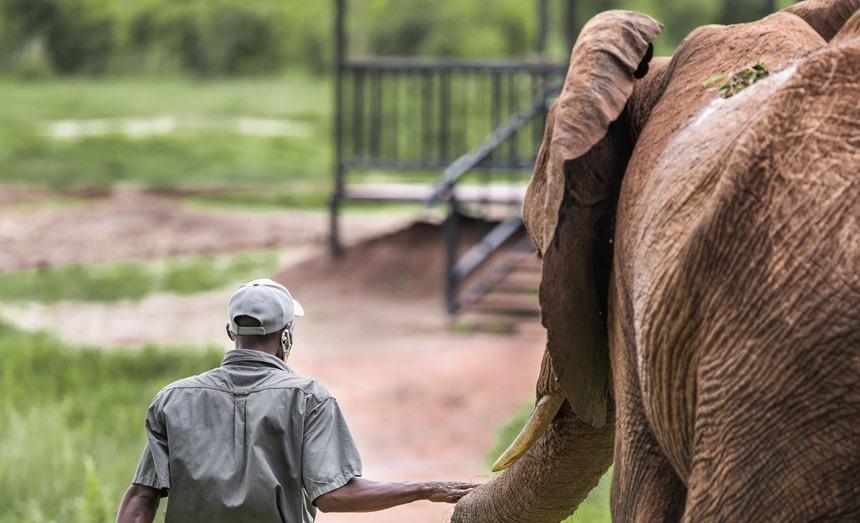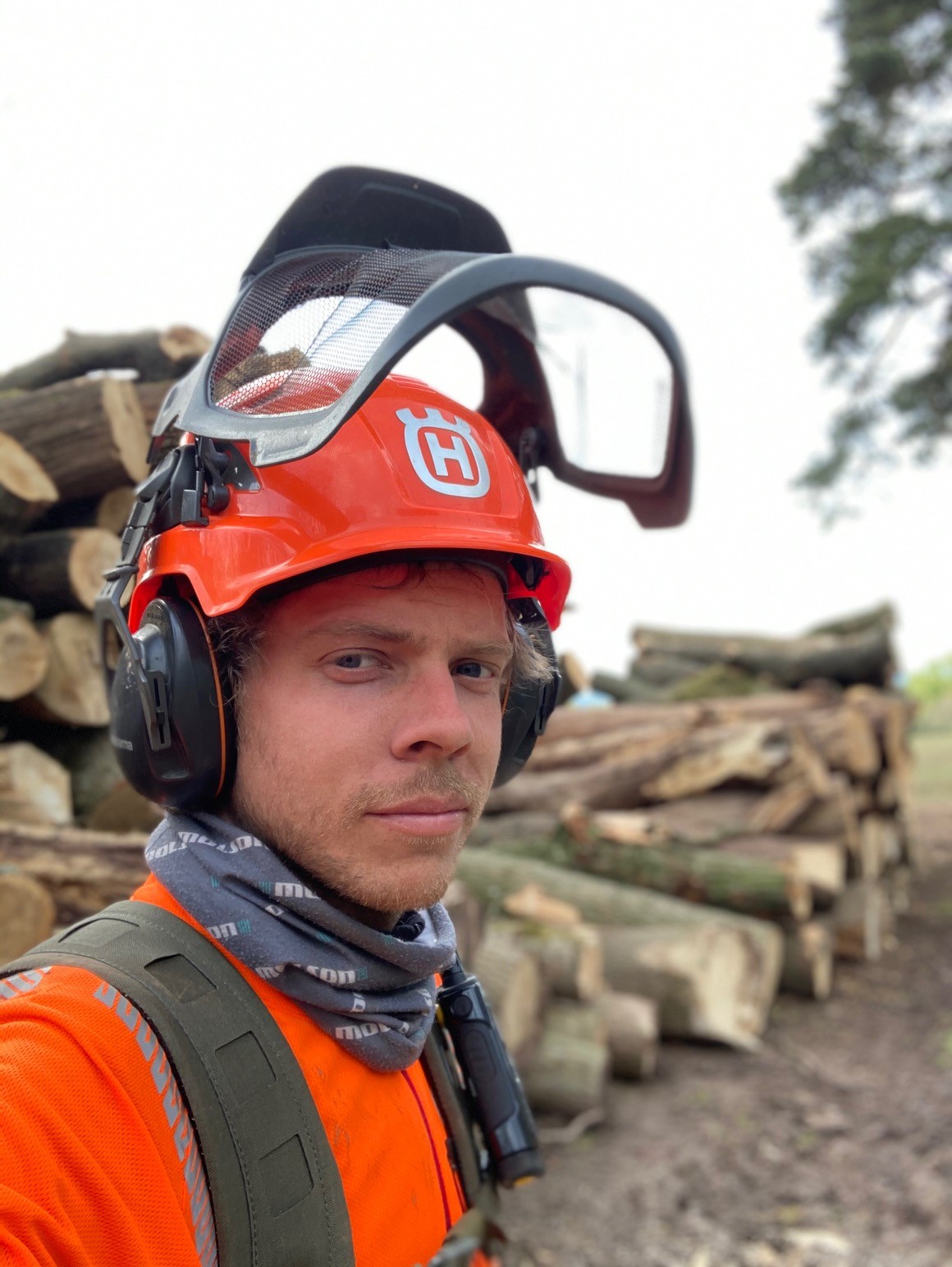
Project Overview
Our project is a unique human-elephant collaboration fostering co-existence between local communities and elephants in Zimbabwe. Our work is centred on a heard of habituated elephants re-homed from the elephant riding industry. Though mutually respectful workshops with these ‘ambassador’ elephants - and by providing training, equipment, and job opportunities - we're given local people the tools they need to become elephant guardians in their communities. Together we are on a path towards greater human-elephant coexistence.
Project aims:
- Increase understanding of elephants by workshop participants attending workshop;
- Increase understanding of elephants in the wider community via information shared by participants;
- Identify a suitable candidate for the role of first Community Guardian and provide employment and equipment;
- Increase uptake of deterrent measures in target community;
- Reduce the incidents of conflict between humans and elephants in the target communities;
- Reduce damage to crops in target community;
- Change negative perceptions of elephants where these are identified;
- Gather data for M&E in order to determine overall success.
Key activities:
The workshop and training will be delivered over a three-day period. This will form part of a three week field implementation period which will included and orientation and community visit for the selected guardian, and provision of essential equipment. Once established the project team will continue collect and collate data on elephant interaction with deterrents via updates from the Guardian. This will be analysed with a final report produced after 12-month pilot period is complete.
Expected conservation impact
Human elephant conflict is high in the Kavango–Zambezi Trans-frontier Conservation Area, with elephant deaths from Problem Animal Control outstripping deaths by poaching. With human population set to grow across elephant ranges the number of human-elephant interactions is set to increase. Accordingly, developing successful models for co-existence is essential to ensuring a long-term future for elephants, as such this work has considerable wider conservation significance. The Ambassador Herd is to our knowledge, wholly unique, as such these habituated elephants provide an exceptional opportunity to promote positive human-elephant interaction and allow people to reconnect with the natural world.
Expected outcomes
- 10 local participants complete elephant community outreach training;
- One candidate selected for further development as a community Guardian;
- The Guardian is equipped with a bicycle, GPS, and phone procured for the project;
- The Guardian is paid a monthly salary; Data on elephant activities reported by Guardian;
- Fences installed and/or maintained to a good standard.
Project team profiles
|
Rory Wilson (2021-22) Project management, Consultant Rory brings bring considerable experience in project and programme management, having worked in national government, local government, and the NGO sector. He is also a qualified as a member of the Field Guides Association of Southern Africa, an Associate Fellow Oxford Centre for Animal Ethics, and an alumni of the University of Cambridge, MPhil in Conservation Leadership, Class of 2022. |
External collaborators
| Jake Rendle-Worthington |
Director of Strategic Planning and Development eleCREW/WAAM |
| Monica Maboke |
Communities Manager eleCREW
|
| Yvonne Masarira |
Research Coordinator and Welfare Officer eleCREW
|

